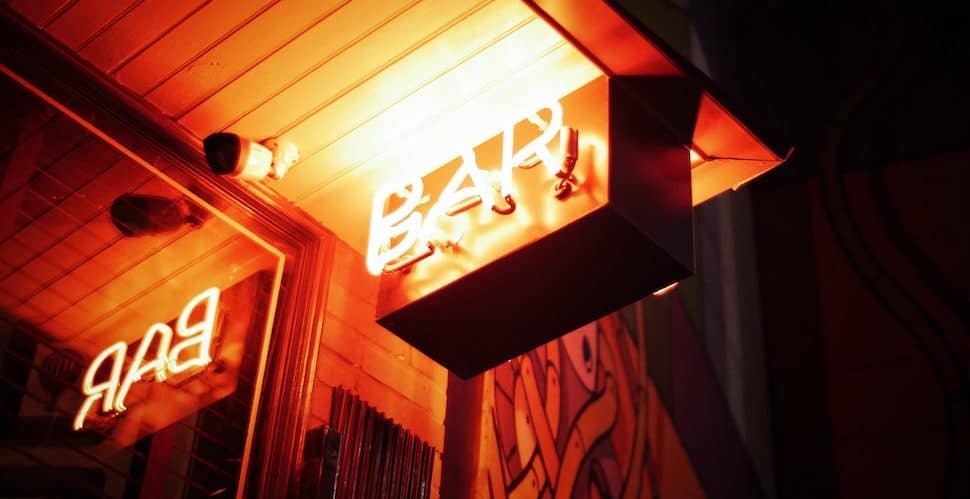The Philippines enacted its own anti-trafficking law in 2003 with a core focus on ending the sexual exploitation of women and children. But nearly 20 years later, confusion remains on whether to treat sex workers as ‘criminals’ or ‘victims,’ with trafficking broadly defined as the “abuse of the vulnerability of individuals for the purpose of exploitation.” At the same time, the sale of sex remains criminalized under the Penal Code, meaning sex workers can be arrested and detained.
This legal tension, as Dr. Sharmila Parmanand, Gender and Human Rights Teaching Fellow at the London School of Economics and Political Science, writes for Open Democracy, has made advocating for sex workers rights particularly complicated. Groups including the Coalition Against Trafficking in Women – Asia Pacific (CATW-AP) and the governmental Philippine Commission on Women attempt to categorize sex workers as victims, or ‘prostituted women,” and back an anti-prostitution law based on the Nordic model. Challenging this framing can also come at a political cost.
Parmanand writes:
To be clear: anyone who came out in support of sex workers’ rights in the Philippines would almost certainly pay a political price. The understanding of prostitution as victimhood has powerful cultural inertia and is accepted as a core feature of a “third world anti-imperialist feminism”. Despite some notable exceptions, most conversations on prostitution in the Philippines are underpinned by nationalist critiques of colonialism and global inequality, with prostitution in US bases and the sexual exploitation of Filipina workers overseas as central themes.
Support for sex work is furthermore framed by several leading, Philippine-based scholars and activists as a form of Western ideology that ignores structural poverty and racism. This inhibits organisations and individuals from openly supporting sex workers’ rights.
Apart from professional survival, the need to preserve alliances among progressive groups to lobby for other issues – such as ending violence against women and children, reproductive rights, and other workers’ rights – is often part of the perceived trade-off between challenging the dominant paradigm on sex work and keeping the peace. Leaders of the Catholic Church and Christian groups wield significant influence over Philippine politics and universities, and public figures who deviate from the rescue paradigm risk being branded as immoral.
Furthermore, policy debates in the Philippines are stifled because of “the false assumption that believing sex workers means disbelieving survivors of trafficking, and the prospect of being perceived as ignoring the plight of survivors has created a chilling effect on those who may otherwise believe in sex workers’ rights.”
On top of this, the United States’ global influence on anti-trafficking policies and funding silences organizations —USAID requires that grantees oppose the legalisation and practice of prostitution. With the US as the biggest external source of anti-trafficking funding for government agencies and local and NGOs, there is a financial incentive to avoid discussing sex workers’ rights.
Sex workers in the Philippines are regularly excluded from public policy conversations on trafficking and sex work, which has allowed the belief that all sex workers are in need of rescue to go unchallenged.
As Parmanand concludes, “Even if anti-sex work proposals are coming from a place of care, they entrench a narrow conception of women as political subjects who can only demand rights based on their identities as innocent victims in need of protection.”







Freedom United is interested in hearing from our community and welcomes relevant, informed comments, advice, and insights that advance the conversation around our campaigns and advocacy. We value inclusivity and respect within our community. To be approved, your comments should be civil.
Not fair to just criminalise these people. Some have to do what they have to do to support themselves and their parents and children. Some do it nicely and some don’t.